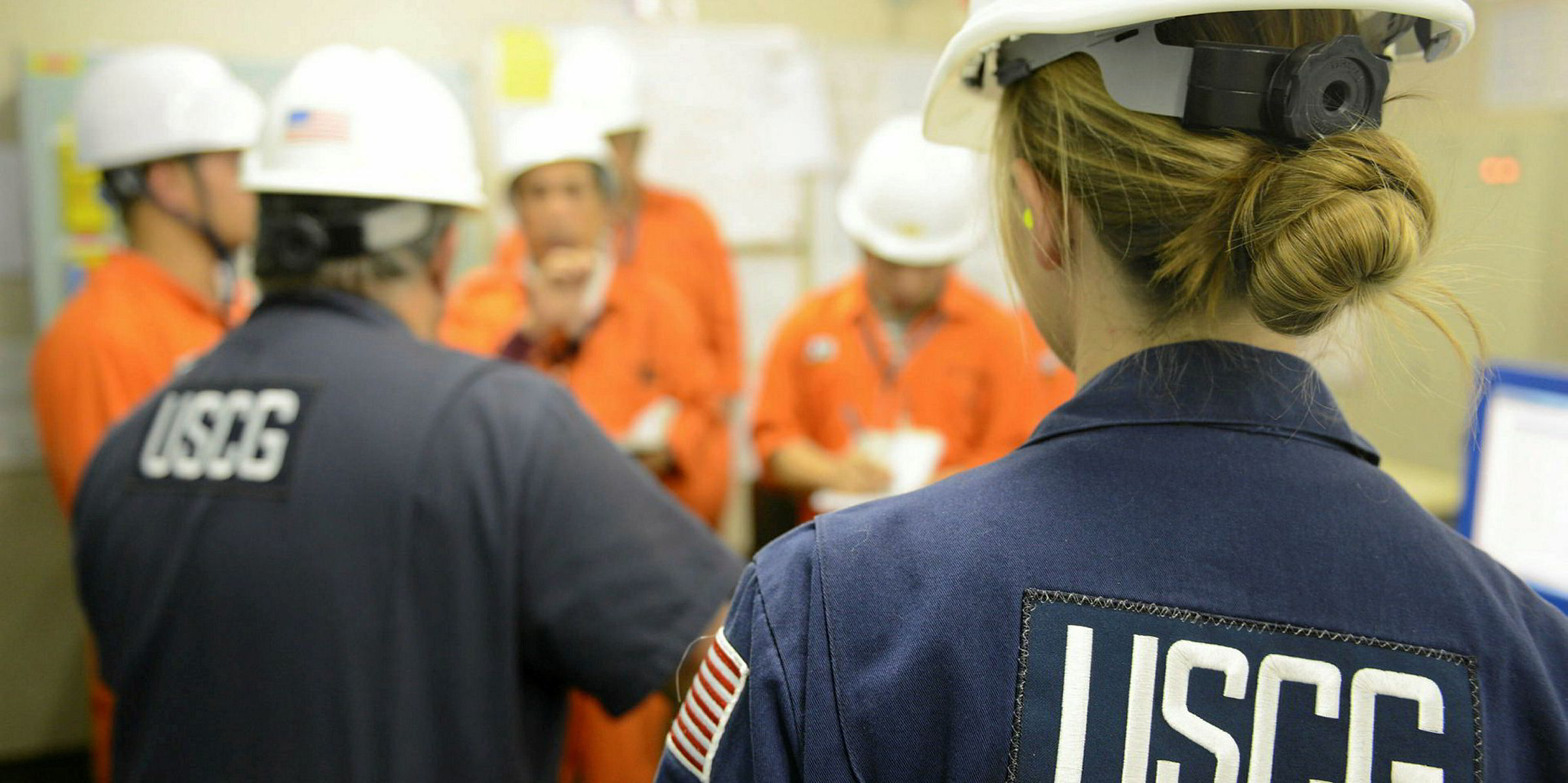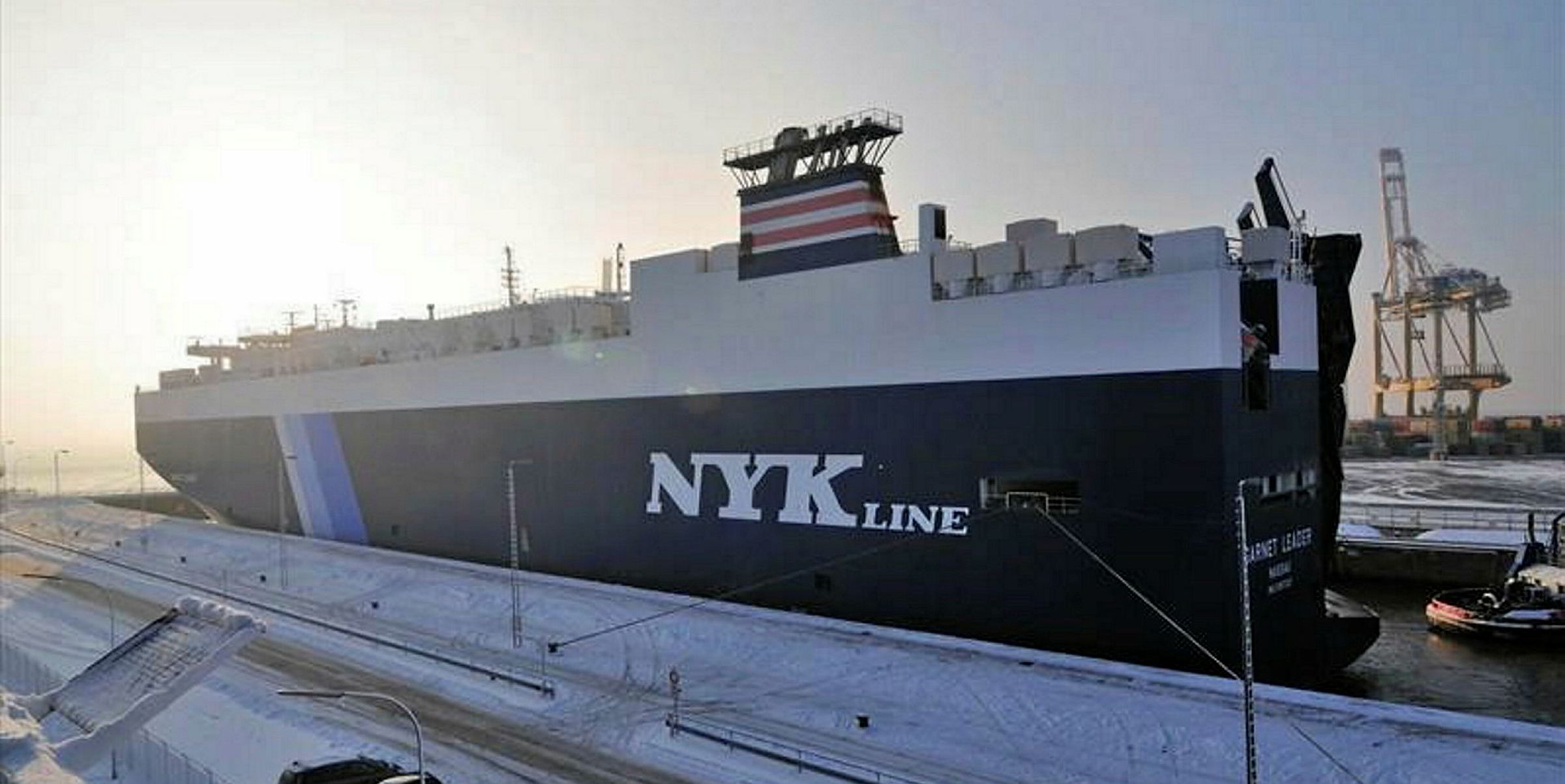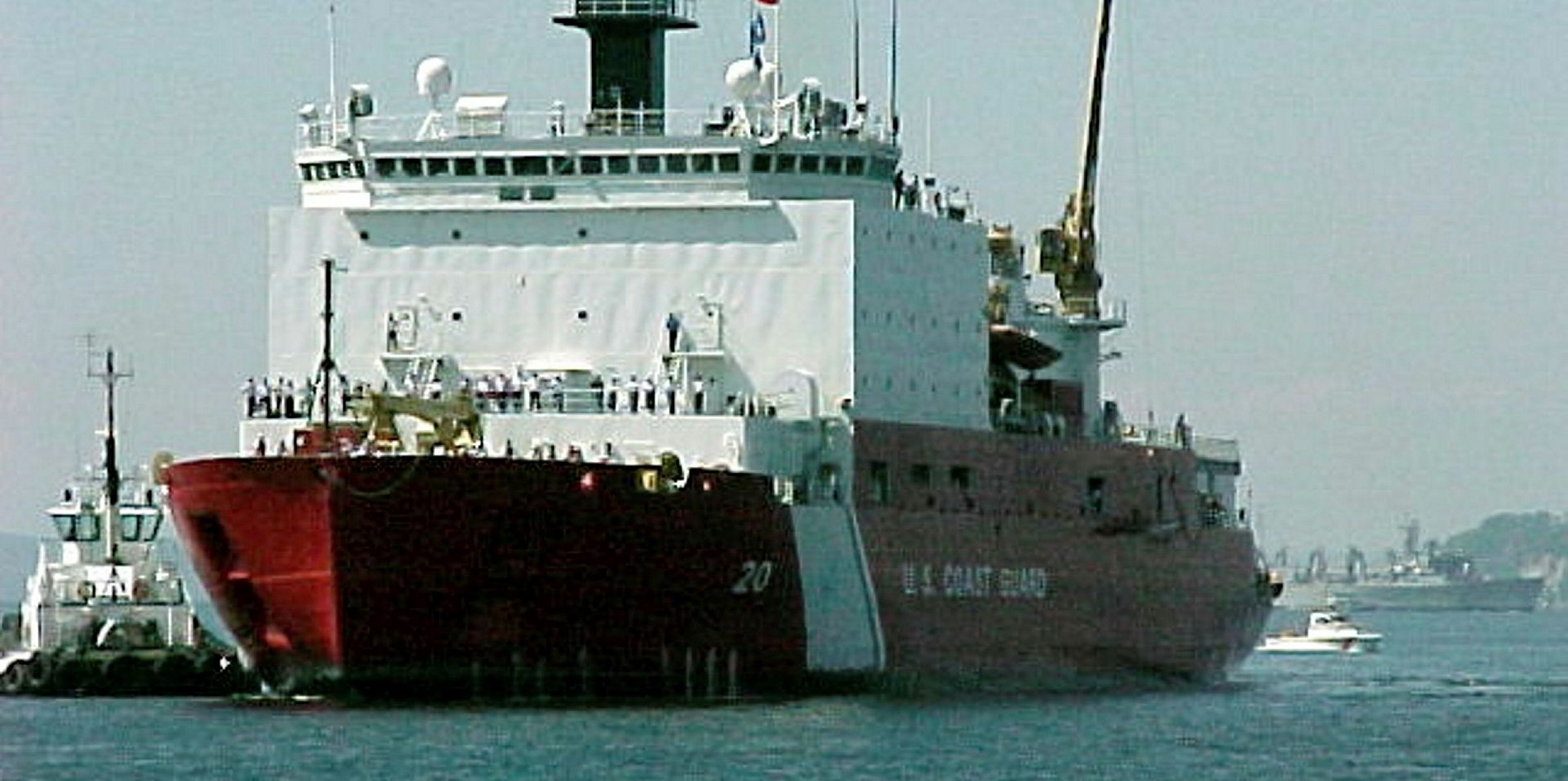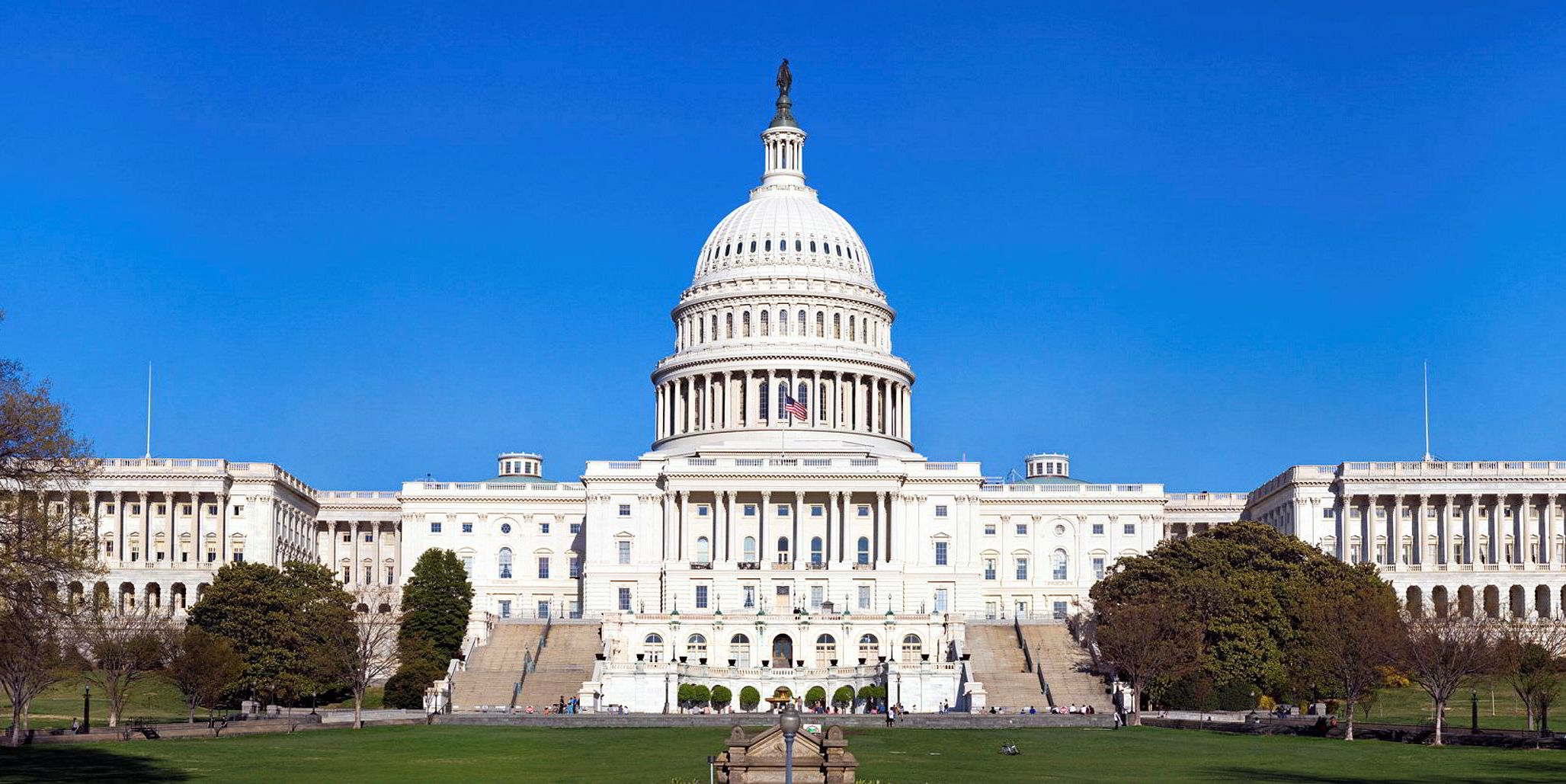With the Coast Guard likely to miss its first payday of 2019, US lawmakers from both sides of the aisle are pushing to get the agency the funding it needs.
With the government funding impasse stretching into its third week over President Donald Trump's proposed border wall, legislators are circulating at least six bills — four in the House of Representatives and two in the Senate — that would, in whole or in part, restore pay for the Coast Guard.
"While the president obsesses over a wall that experts agree will not make our nation safer, he is ignoring the men and women who protect our coastlines every day," said Rep. Peter DeFazio, an Oregon Democrat.
DeFazio's bill, the Pay Our Coast Guard Parity Act, has 39 cosponsors and would pay active duty and reserve members of the guard. It currently sits in both the Committee on Transportation and Infrastructure, which DeFazio chairs, and the Appropriations Committee.
Another bill, the Pay Our Protectors Act, introduced by Arizona Republican Rep. Andy Biggs, provides funding for the Coast Guard, Customs and Border Protection, Immigration and Customs Enforcement, the Transportation and Security Administration and pays for the E-Verify program. Biggs is the sole sponsor. It was referred to the Appropriations Committee.
In announcing the bill, he blamed the Democratic leadership of the house for their refusal to fund Trump's border wall proposal.
"As a result of their obstruction, thousands of people defending our nation are at risk of missing at least one paycheck," he said. "These courageous individuals should be at the top of our payment schedule, not pawns for the Democrats to exploit for their political agenda."
Like the bills from DeFazio and Biggs, the other four are all in committee and have varying numbers of cosponsors.
The bill furthest along in the Senate, the Pay Our Coast Guard Act from Republican Sen. John Thune of South Dakota, has 18 cosponsors and is on the body's legislative calendar.
The Coast Guard is the only branch of the US military affected by the shutdown, as it is run through the Department of Homeland Security rather than the Department of Defense.
It has more than 46,000 active duty and reserve members, alongside 8,800 civilians. Of the civilian members, 6,400 have been furloughed.
According to Chief Warrant Officer Chad Saylor, the 23-day shutdown has limited the Coast Guard's operations to those that provide national security and protect life and property on the water.
"[W]ith a government shutdown, they will likely not have the full support that they need in order to maintain mission readiness," Saylor said.
Last week, the agency came under fire for publishing, then retracting, a tip sheet that included holding a garage sale or take babysitting jobs if furloughed employees cannot cut back on spending enough to make ends meet.
Sunday evening, Commandant Adm. Karl Schultz took to Facebook to tell guardsmen they "have not, and will not, be forgotten."
"While our Coast Guard workforce is deployed, there are loved ones at home reviewing family finances, researching how to get support, and weighing childcare options—they are holding down the fort," he wrote. "Please know that we are doing everything we can to support and advocate for you while your loved one stands the watch."






